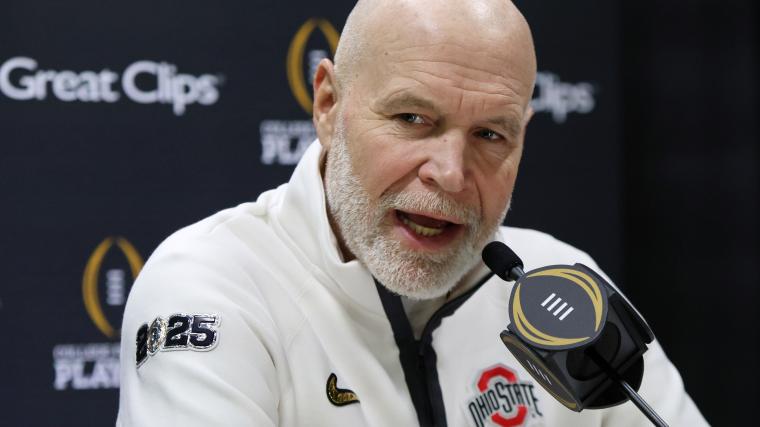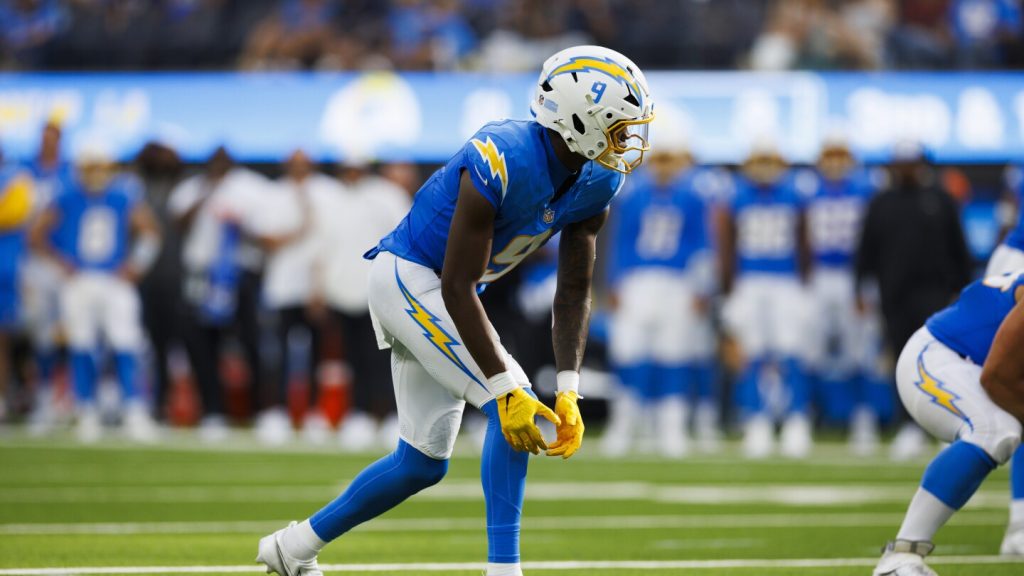In the world of college football, the spotlight often shines brightly on the coaches and players, but let’s not forget about the crucial figures behind the scenes. One such figure is SEC commissioner Greg Sankey, who has recently made headlines with the revelation of his salary for the fiscal year 2024. According to the conference’s tax return, Sankey earned an impressive $4.22 million during the period from September 1, 2023, to August 31, 2024.
Salary Increase and Contract Extension
This substantial paycheck marks the first complete fiscal year since Sankey’s contract extension was signed in July 2023. It’s worth noting that his compensation has seen a significant increase from $3.55 million in 2023. This rise not only reflects his leadership within the SEC but also the growing prominence of college football as a revenue-generating powerhouse.
SEC Revenue Insights
As we delve deeper into the SEC’s financial landscape, it’s essential to highlight that the conference earned a total revenue of $840 million for FY24. However, this figure represents a decline from the previous year’s earnings of $853 million. What could be the reason for this drop? The tax document reveals that the SEC paid out $808.4 million to its 16 member teams, averaging about $52.5 million per team. Yet, this amount does not include the distributions to the conference’s newest members, Texas and Oklahoma, who each received $27.5 million.
Factors Behind Revenue Decline
The decrease in revenue can be attributed to the SEC not receiving funds from the Sugar Bowl, a key component of its arrangement with the College Football Playoff. Interestingly, the tax return does not yet feature the lucrative $3 billion, 10-year deal with Disney that commenced at the beginning of the 2024 college football season. Fans and analysts alike are eagerly awaiting next year’s return to see how this deal impacts the SEC’s financial standing.
Celebrating Athletic Achievements
Despite the financial fluctuations, the SEC has much to celebrate in terms of athletic achievements. During the fiscal year, SEC teams shone brightly across various sports. For instance, Alabama made it to the national semifinals in both football and men’s basketball, showcasing the conference’s competitive spirit. Meanwhile, South Carolina enjoyed an undefeated season, culminating in a national championship victory in women’s basketball. Additionally, Tennessee baseball clinched the College World Series title, adding to the SEC’s impressive accolades across Division I athletics.
Reflections on the College Football Playoff
As we reflect on the recent changes in college football, the first-ever 12-team College Football Playoff has come and gone, leaving fans and officials buzzing with ideas for improvement. SEC commissioner Greg Sankey has been vocal about the need for adjustments to this new playoff format. During an appearance on the Paul Finebaum Show, he expressed his belief that the NCAA has gained valuable insights from the inaugural playoff experience.
Addressing Seeding Issues
One of the pressing concerns Sankey highlighted is the seeding process, particularly when it comes to moving teams into the Top 4. He emphasized the importance of thoroughly examining these issues, stating, “Now, any decisions for the coming year require unanimous agreement among the participants, which includes the 10 conferences and Notre Dame as an independent. That’s really tough to achieve.”
Looking Ahead: Conversations and Improvements
Indeed, the challenges of expanding the playoff format have become apparent. Sankey urged the need for ongoing conversations to address these complexities. “We need to look at what happened round to round and how we make some of the experiences consistent as you move from round to round,” he said. This forward-thinking approach is crucial as college football continues to evolve, and the SEC remains at the forefront of these discussions.
The Future of College Football
As we look to the future, it’s clear that the SEC is not just a powerhouse in terms of athletic performance but also in financial clout. With leaders like Greg Sankey at the helm, the conference is poised to navigate the complexities of college football’s landscape, ensuring that it remains competitive both on and off the field. The upcoming seasons will undoubtedly bring new challenges and opportunities, and fans can expect the SEC to continue playing a pivotal role in shaping the future of college football.
In conclusion, as we celebrate the achievements and reflect on the financial dynamics of the SEC, one thing remains certain: college football is more than just a game; it’s a thriving ecosystem filled with passion, competition, and endless possibilities. Whether on the field or in the boardroom, the SEC is committed to excellence, and the journey is just beginning.





























